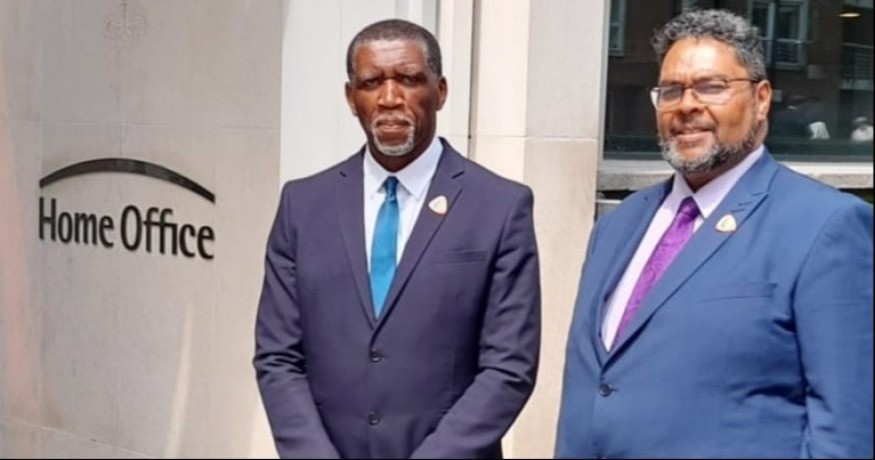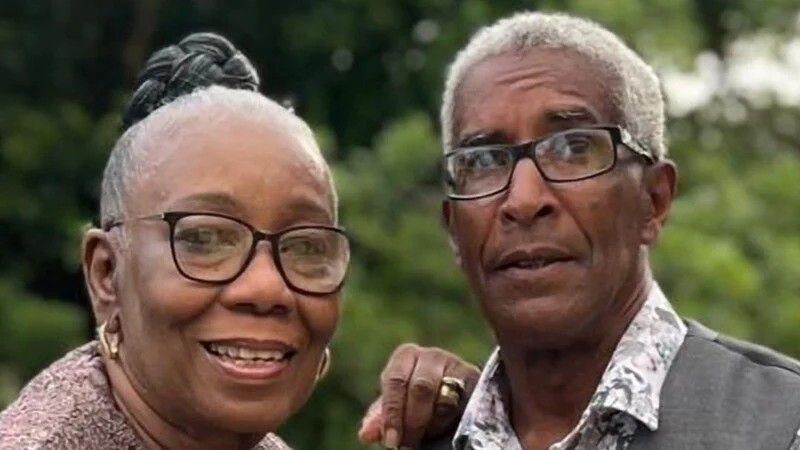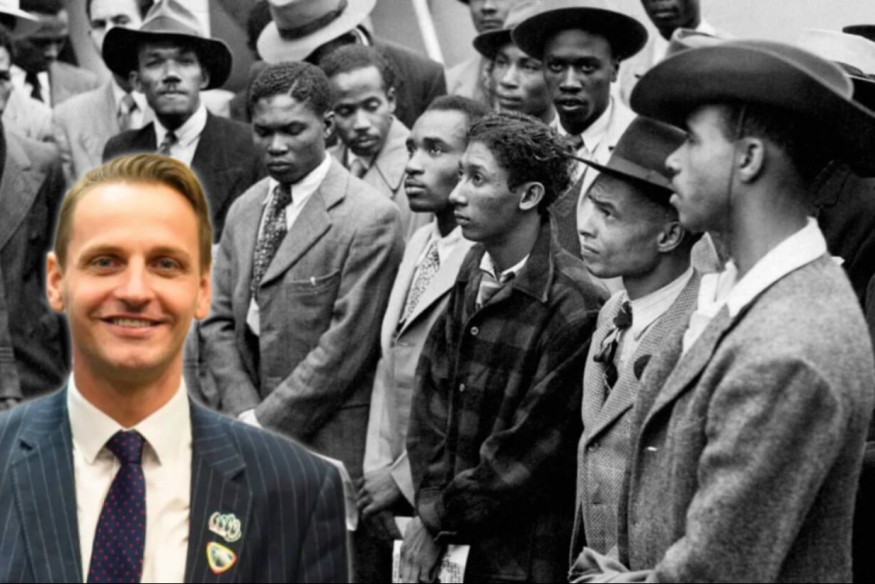
October 24, 2025
Windrush Survivors Offered Partial Redress as Home Office Delivers Justice in Installments Ahead of Windrush Conference in Birmingham
JamRadio Newsdesk | Social Affairs
Seven years after the government first apologised the Home Office has announced a major shift in its handling of Windrush compensation claims, promising to pay 75% of estimated compensation upfront to victims of its scandal. The announcement comes ahead of today's Windrush National Orginisation Conference in Birmingham, Where Citizenship Minister Mike Tapp MP is likely to make a statement.
While this move is being presented as a breakthrough, it reads more like an overdue admission of failure. For years, survivors of the government's Windrush injustice have been forced to navigate a labyrinthine claims process, often waiting years for redress, deemed to be inadequate—some dying before receiving a penny.
This new approach, offering partial payments before full assessments are completed, is clearly designed to stem criticism and accelerate payouts. But it also raises uncomfortable questions. Why did it take six years and multiple deaths for the government to acknowledge the scheme’s dysfunction? What safeguards exist to ensure these upfront payments are fair, and not just another bureaucratic compromise? And will this overhaul finally bring transparency to a process that has retraumatized the very people it was meant to support?
 Hetticia (Tricia) and Vanderbilt (Vaun) McIntosh
Hetticia (Tricia) and Vanderbilt (Vaun) McIntosh
Windrush victims Tricia McIntosh and her husband Vaun who both arrived in the UK as children on British Citizen passports in the 1960's have been waiting years for a payout. After suffering decades of injustice by of hostile immigration polices which saw them lose their home and livelihood after being left unable to work and keep up with mortgage payments. The family was left with no choice but to move back to the Caribbbean to salvage their lives. Thier children who were born British in the UK were forced to live outside of the UK.
From a Manchester Hospital bed, Tricia told JamRadio. "My husband and I have been waiting too long and having to fight every day is causing us more pain and a further scandal." She said. "Will they compensate us for having to fight them up to the point that they decide to pay us?"
Campaigners have long argued that the compensation scheme itself became a second injustice—rife with delays, opaque criteria, and demands for documentation that many victims simply could not provide. The government’s pivot, while welcome, does not erase the harm already done. Nor does it absolve the Home Office of its role in perpetuating a system that treated Black British citizens as strangers in their own country.
Windrush Campaigner and British nationality researcher, Euen Herbert-Small told JamRadio News that many victims have been left for years in limbo and not just with the compensation scheme but also waiting for citizenship status. He says he has been approched by countless victims whose claims are valid by the scope of the scheme, but continue to be ignored by the very Home Office which ignogred them and their parents for decades.









